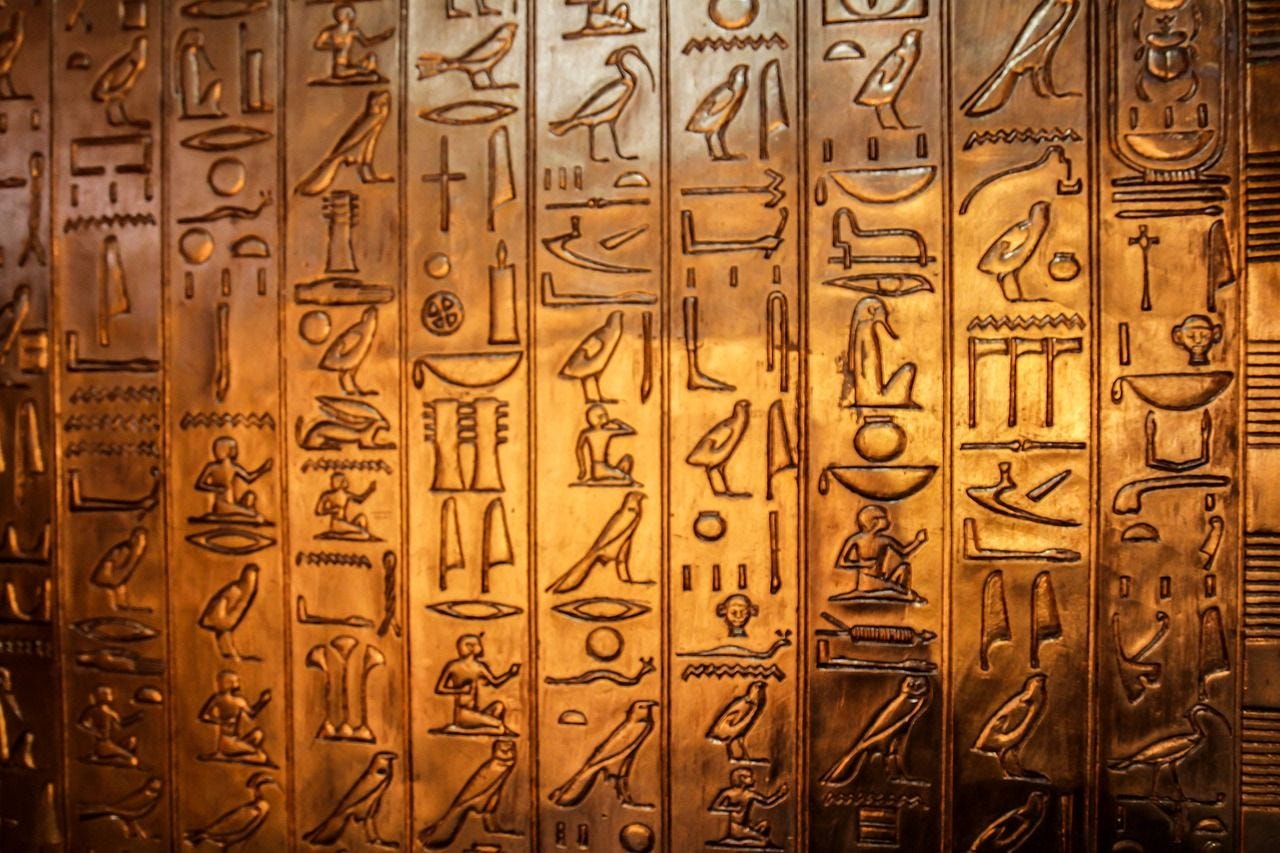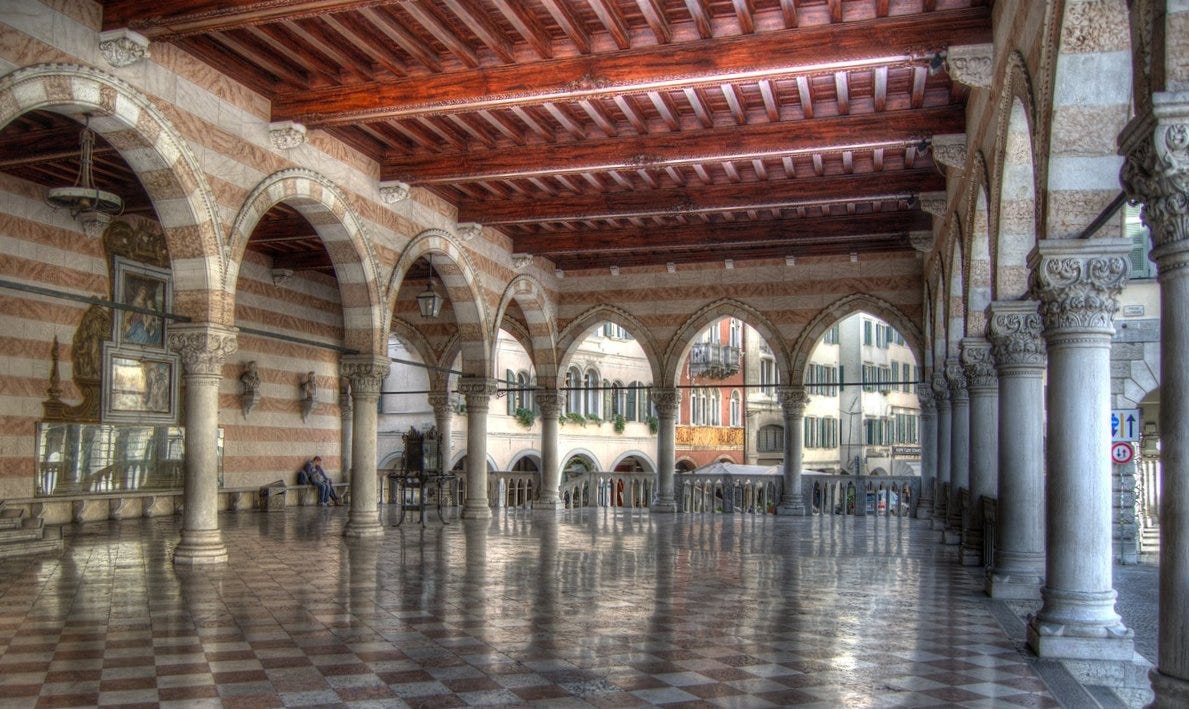Tutankhamun and the art of the slow reveal
I would make a terrible archaeologist. You might think I’d be a natural at the role, given that one of my favourite pastimes is delving deep into history, whether it be Florence’s Renaissance marvels, Ethiopia’s ancient churches and temples, or the extraordinary monuments of Egypt.
Unfortunately, I’m way too impatient. Archaeologists can labour on the same site not just for years but for decades. I’d get frustrated and depart in a huff long before I got to any of the good stuff.
I’ve been thinking about all things archaeology because next week marks the 100th anniversary of one of the most famous finds of all time – the tomb of Tutankhamun. By November 4 1922, when Howard Carter’s team discovered the treasure-packed tomb, the archaeologist had been digging in the Valley of the Kings for seven years. He was also dealing with the knowledge that his funding had run out and this would be his last dig.
Even after finding the tomb, Carter had to wait three weeks before opening it. That didn’t happen until November 26, because they had to wait for the arrival of the man who had backed the expedition, Lord Carnarvon.
The excavation and unpacking of the tomb and its contents (more than 5000 objects were found inside) took years. It was 1925 before Carter got as far as opening Tutankhamun’s coffin, and then it took a careful autopsy of the mummified corpse before anyone realised that this pharaoh was a “boy king” (somewhere between 17 and 19 years old when he died.)
I’m eternally thankful that there are so many people who have the patience for such painstaking work, and thrilled that so many astonishing new finds continue be made in Egypt. (Among a whole heap of new discoveries is a whole new city on the west bank at Luxor.) If you have always dreamed of visiting Egypt – or if you last visited a long time ago – know that it’s a great time to go again.
ONE MORE THING
Here’s an offer that’s too good to miss: there is a region in Italy that will pay you to come and visit.
Friuli Venezia Giulia, in Italy's northeast, will refund your domestic train fares if you travel from anywhere in Italy to the cities of Trieste and Udine, or to the coastal resorts of Grado and Lignano Sabbiadore, and stay for two nights at one of a group of participating hotels. The offer from the local tourism board, PromoTurismoFVG, is valid until May 31 next year and includes an FVGcard which gives you free access to the main museums and other discounts.


